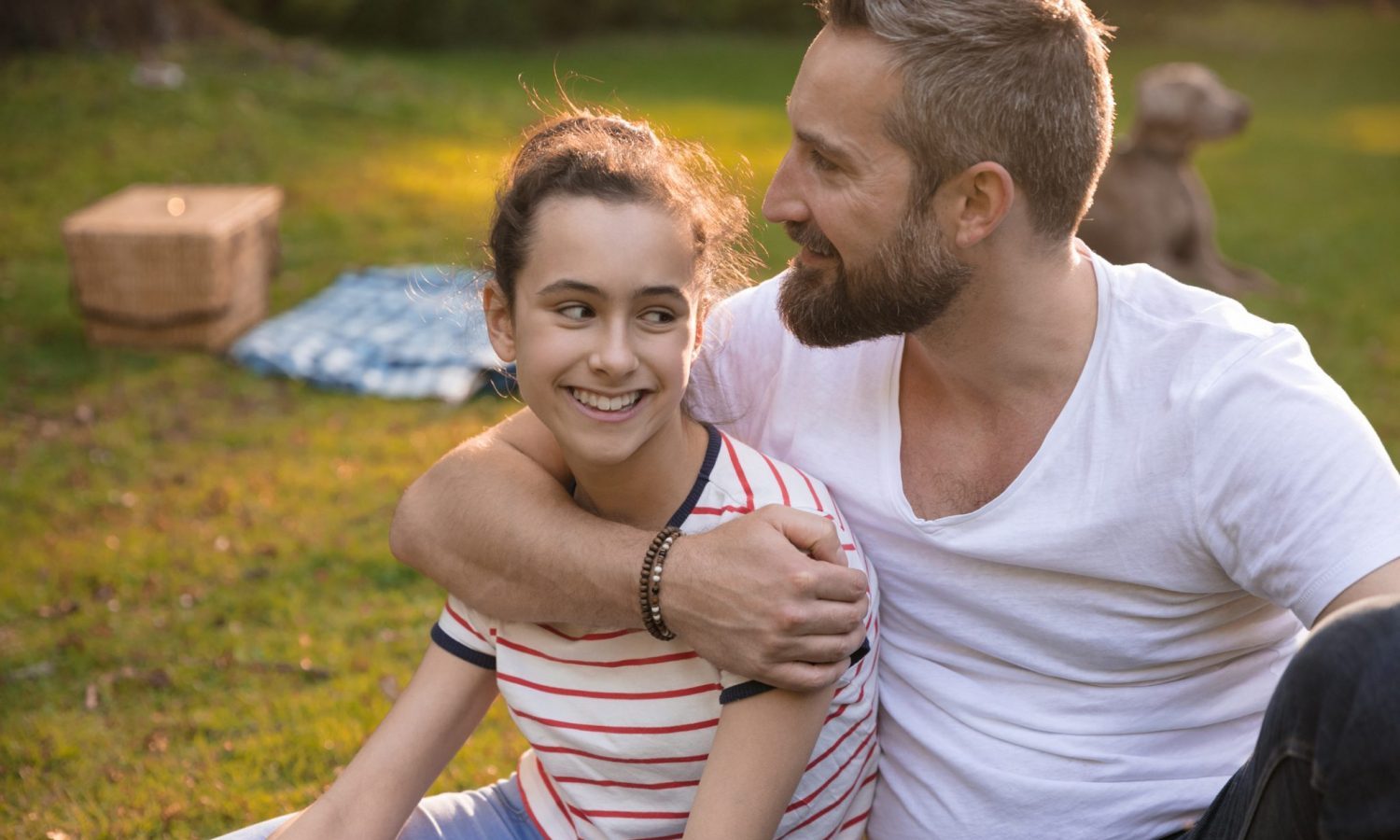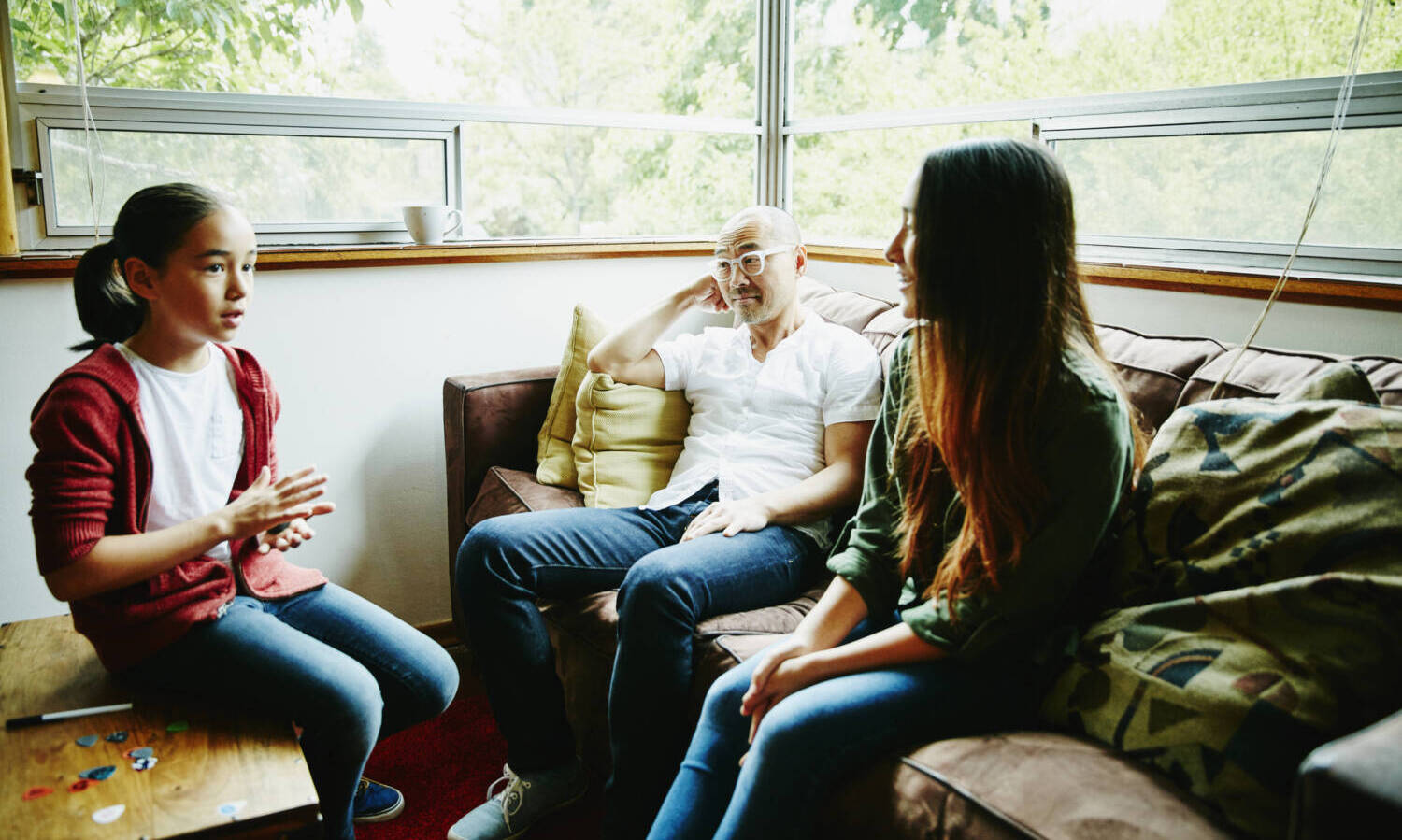This is a discussion you should have with your child beginning in their pre-teen years and continuing through high school or college.
Increasing marijuana legalization has caused many parents to question what this implies for their kids’ future. Parents are increasingly asking how to approach this subject with their children and how to structure their responses to maintain the health and safety of their kids. For example, should parents use cannabis in front of their children?
Undoubtedly, it is unusual in modern society to see an illicit product become legal and accessible for purchase. Because no generation since the times of prohibition can recollect such a transition from illegal to legal, it’s reasonable that there are concerns and fears about cannabis legalization. Nonetheless, this topic, like most issues that parents are forced to confront, can serve as a wonderful springboard for parents to explain the truth about substance abuse and use in our culture, irrespective of how we feel about it.

First, parents and children must grasp what cannabis legalization entails for everyone. The rules and legislation differ significantly from state to state. Still, it’s vital to recognize that cannabis consumption is considered a substance designated for adults. In states like Colorado, it is unlawful for anyone under the age of 21 to possess or consume cannabis, and it is also prohibited to drive while under the influence of cannabis.
The federal law in the United States remains unchanged, meaning cannabis remains illegal. The minimum age requirement to use cannabis in Canada also varies by province. However, it is likely to be 18 across many places. While this information may appear minor, it is vital to remember when discussing marijuana use with your child.
Discussing With Your Kids
When discussing a complex subject with your kid, the best place to start is by providing them with the best information and facts you can gather. Conducting a web search with your kid to learn about cannabis and its effects on the human body is an excellent place to start. For example, you can learn about how marijuana compounds influence the body, the plant’s effects on the developing brain of an adolescent, sleep, judgement, and overall wellness.
Just as with alcohol, you can explain to your child the dangers of marijuana as a mind-altering substance, particularly for adolescents who are still going through physical and emotional growth. You can give your child the “task” of looking up several articles that go through the consequences of marijuana use on the brain from a medical standpoint. Use these articles as a starting point for a conversation on cannabis.
Talking to your child about cannabis legalization may be simple if you disapprove of it. It may be more challenging to persuade your youngster to understand the adverse effects of marijuana use if you are an advocate for its legalization or currently use it yourself. Remember that even if marijuana is legal in your state and regardless of how you personally feel about its legalization and use, it is still unlawful for anyone under 21. You should use this knowledge to decide what to teach your child.
RELATED: How To Talk To Your Kids About Cannabis, According To These Industry Dads
Next, while talking to your child about marijuana, consider their age. Information can be best provided to younger kids (elementary age) on a need-to-know basis. It can be helpful for older children (middle school or high school age) to assist in separating reality from fiction on what cannabis is and its effects. Even if your child may object and claim that they already know everything about it, don’t let them off the leash that quickly.
Children of this age may believe they already have all the details based on information passed down through peer groups. However, as with alcohol and sex, much of their data is mostly false. Hence, it would help if you started the dialogue. Allow your youngster to speak freely until they have told you everything they know. If some information is inaccurate, ask them follow-up questions and provide the correct information.
RELATED: 8 Facts You Need To Know When Talking To Your Parents About Cannabis

Difficult Questions Your Child May Ask
Your child may ask challenging questions about cannabis use, and you should be prepared to respond as intelligently and honestly as possible. The following are some probable comments/queries you may encounter and some responses you may find beneficial.
Does legal weed mean it’s not dangerous to use?
Clarify to your child that this isn’t always the case. There are various legal substances, such as tobacco, alcohol, and opioids, that can be hazardous or even deadly if used or misused. That also applies to cannabis.
Is weed a safer alternative to alcohol?
Point out that just because the headlines aren’t reporting deaths directly related to marijuana usage doesn’t mean it’s a safer substance to use. Reiterate that using cannabis impairs decision-making skills and lowers inhibitions, which can lead to poor decisions that are potentially deadly.
Have you ever tried cannabis?
First, ensure your response is brief and to the point without going into too much detail. Try not to dwell on the past. But instead, dwell on what you learned and understand now as an adult and why you worry for your child and their future.
What should I do if I am tempted?
You can tell your child, “We expect you to abstain from using any substances since we know their potential health risks. We are always available if anything ever pops up and you require assistance.” In addition to declaring that you would be around for them, improve your child’s confidence by practicing some replies for when this occurs.
Conclusion
A one-time chat with your youngster about this topic will not suffice. This is a discussion you should have with your child beginning in their pre-teen years and continuing through high school or college. Allowing your child to know that you are there for them every moment along the way, and continuing the dialogue at each phase of their growth, will go a long way to keep your kid substance free.
This article was developed in partnership with Cannabis.net


